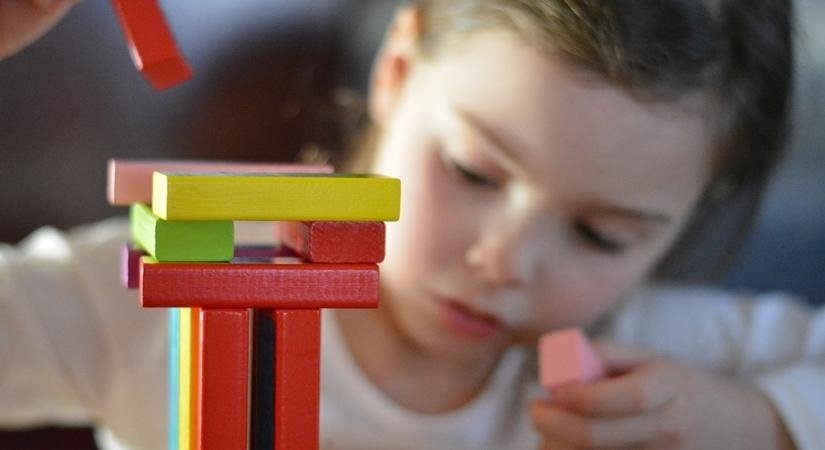Santiago, July 08 – Board games based on numbers, like Monopoly, Othello and Chutes and Ladders, make young children better at maths, according to a review of studies.
Board games are already known to enhance learning and development including reading and literacy.
The new study, published in the peer-reviewed journal Early Years, showed that for three to nine-year-old the format of number-based board games helps to improve counting, addition, and the ability to recognise if a number is higher or lower than another.
The researchers said children benefit from programmes — or interventions — where they play board games a few times a week supervised by a teacher or another trained adult.
“Board games enhance mathematical abilities for young children,” said lead author Dr Jaime Balladares, from Pontificia Universidad Catolica de Chile, in Chile.
“Using board games can be considered a strategy with potential effects on basic and complex maths skills.
“Board games can easily be adapted to include learning objectives related to mathematical skills or other domains,” Balladares said.
In the study, the researchers set out to investigate the scale of the effects of physical board games in promoting learning in young children.
They based their findings on a review of 19 studies published from 2000 onwards involving children aged from three to nine years. All except one study focused on the relationship between board games and mathematical skills.
All children participating in the studies received special board game sessions which took place on average twice a week for 20 minutes over one-and-a-half months. Teachers, therapists, or parents were among the adults who led these sessions.
Results showed that math skills improved significantly after the sessions among children for more than half (52 per cent) of the tasks analysed.
In nearly a third (32 per cent) of cases, children in the intervention groups gained better results than those who did not take part in the board game intervention.
The results also show that from analysed studies to date, board games on the language or literacy areas, while implemented, did not include scientific evaluation (i.e. comparing control with intervention groups, or pre and post-intervention) to evaluate their impact on children.
“Future studies should be designed to explore the effects that these games could have on other cognitive and developmental skills,” Dr Balladares said.











